Beware the Green Eyed Monster
It’s easy to dislike Ryo Ishikawa. The nineteen year old Japanese golfer ticks most of the boxes with his youthful good looks, astronomical bank balance and undeniable talent. Added to that, there is the fact that his pimply face occupies about half of every commercial break on TV, plugging everything from curry, rice and McDonalds to All Nippon Airways.
The golf news on TV has become the Ryo news, with every tournament he attends a guaranteed media circus. Discussion of his attire seems to take precedent over coverage of every other player and the digest of the day’s play is an endless parade of Ryo replays from every possible angle.
The media have put him on a pedestal to such an extent that when Shingo Katayama amazingly finished fourth in the 2009 US Masters, the news coverage was an almost distasteful afterthought to the following of Ishikawa through Narita airport, as he arrived back in Japan after miserably failing to make the cut.
When he finally turned eighteen last year (with one media commentator adding that he seemed to have been seventeen for about the last 18 months), it was as though no one else had ever been eighteen before. ‘How does it feel to be so young?’ one star struck reporter intelligently gushed. Of course it’s not his fault that the population get weak kneed at the mention of his name- he is a product of the Japanese media- but there’s nothing like over saturation to bring out nasty pangs of jealousy.
In short, it’s hard to imagine a sport being more forcibly condensed into the vessel of a single human being than Japanese golf has been into Ryo Ishikawa- he has become golf itself.
It’s not that unusual in Japan for a single athlete to come to be the soul focus of the media. If you see table tennis featured on the nightly news it is because Ai Fukuhara is playing, the same goes for tennis and Kei Nishikori. The difference between them and Ishikawa though, is that while Ryo really has the talent to be up there with the very best in the world, Fukuhara has as much chance of winning an Olympic medal as she does of winning a height contest with Andre the Giant, or an average twelve year old boy even.
From Saitama to St Andrews
Ishikawa sprung to fame in May, 2007 when he became the youngest winner on the Japanese Tour, taking the Munsingwear Open KSB Cup by a single shot at the ripe old age of 15 years, 8 months and beating the previous holder, one Seve Ballasteros, by almost five years. He was hailed as the ‘Super Middle Schooler’ and ‘Hanikami Oji’ or ‘bashful prince’, due to his red face and youthful reticence during interviews. It was clear he had an abundance of raw talent, but at such a young age, doubts were expressed concerning his ability to keep his feet on the ground and avoid the dreaded burnout- nemesis of sport stars who start too young.
Golf prodigies are two-a-penny across the globe, but there are always going to be more Ty Tryons than Tiger Woods. Golf is an incredibly frustrating sport, requiring mind numbing hours of practice and repetition and it doesn’t have as much of a physical element as say tennis, so the emphasis is on factors other than strength and dexterity.
Golf needs an amazing level of mental fortitude, patience and consistency. To put it bluntly, it’s an old man’s sport. A fifty year old tennis player for example isn’t likely to stand much chance against Rafael Nadal at Roland Garros, but plenty of fifty year olds have beaten Tiger Woods.
In 2009, Ishikawa was the top money earner on the Japanese Tour with an incredible nine titles. He also became the youngest player ever to enter the world ranking’s top fifty.
This year he came to the attention of the world once more with an almost supernatural round of 58 (12 under par) at The Crowns- the lowest golf score in the world ever recorded on a major tour. As signals of intent go, it was up there with the invasion of Poland.
Bye Bye Bashful
The shooting stars of world sport come and go in the blinking of an eye- too much expectation too young, overbearing parents living out their own failures through their unfortunate kids. Just ask Freddy Adu or Michelle Wie. The bottom line is that if you start believing your own hype for just a second and take our eye off the ball, then you’re gone.
It seemed unthinkable that Ishikawa, the mumbling junior high school student of 2007 could become Ishikawa the self assured icon of 2009. The amount of pressure heaped on him by the Japanese media (doubling the amount of press passes issued at some American events when he played) would have been enough to break the back of most young boys, but somehow he has come through it stronger for the experience. He is still only 19, but has certainly cast off his bashful image. He speaks confidently in interviews, whether in his native Japanese or his rapidly improving English and the nervous blush is but a distant memory.
For most kids of his age, finding a part time job, adjusting to life away from home or getting out of bed to go to college are big enough challenges- Ishikawa has to deal with the rigmaroles of the US PGA Tour. As US Ryder Cup team member Hunter Mahan put it in 2008:
“I probably wouldn’t know which tee to go off if I was 17 trying to play on the PGA Tour. I wouldn’t know what to do. I would probably have to call my mom and go: ‘What do I do? I want to eat, what do I do’?”
As long as Ishikawa can keep his legs firmly on the ground and ignore the glaring spotlight he’s under, phonecalls to Mom will probably not be needed for the foreseeable future.
Story by Roddy Charles
From J SELECT Magazine, December 2010
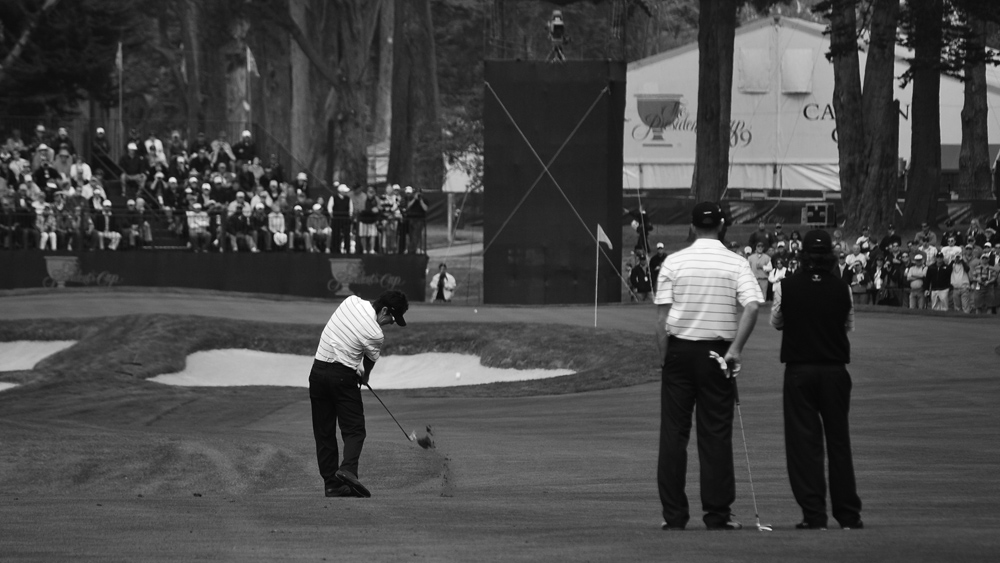

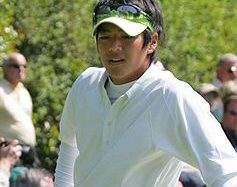


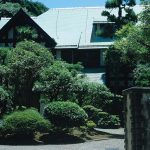
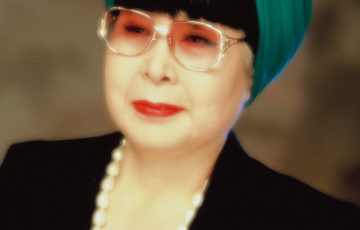
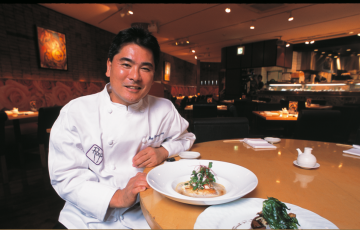
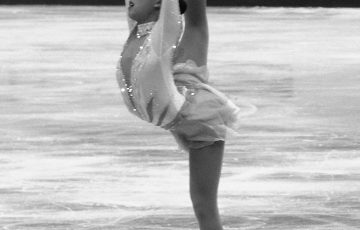
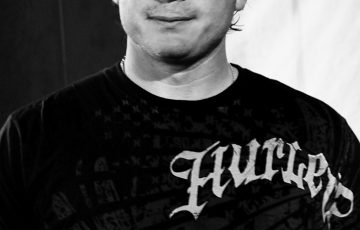

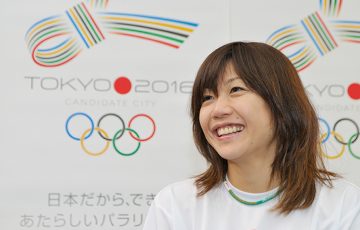
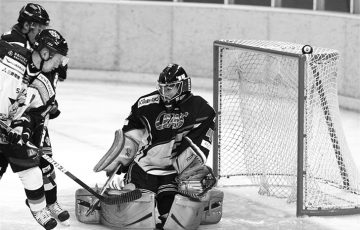
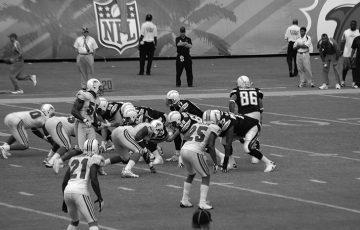


Recent Comments